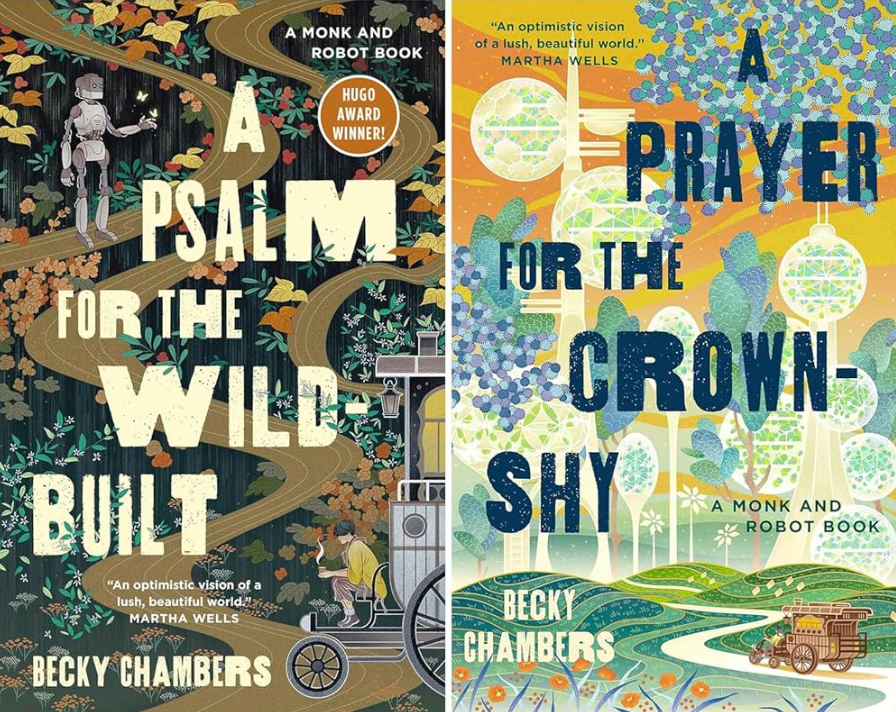The Watchlist of an English Student
- Jahan Cader
- Jan 10, 2023
- 4 min read

Film plays a crucial role in our culture that is entirely unique from any other art form. Despite its unique position as a very visual and aural medium, it is still heavily influenced by other art forms, including music and literature, all of which add to and enhance the overall story experience. Seeing as people are often fans of a variety of art forms, films that incorporate numerous styles and stylistic choices are usually very well received, and can be viewed with a level of maturity and respect that other art forms may not be privy to. The following are some films which regard the notion of language, creation, and expression as a whole, and will hopefully be of interest to those fascinated by the arts.
Public Speaking/Pretend It’s A City: Fran Lebowitz, who vividly lived through the last half of the 20th century, worked as a taxi driver in 60s New York, she then worked closely with Andy Warhol, eventually working close to jazz legend Charlie Mingus. She was deeply assimilated into the arts, and into what is now the most cherished and studied period of American culture. She individually made her mark in the arts with her collections of humorous essays: Metropolitan Life, and Social Studies. These two collections have since been compiled into The Fran Lebowitz Reader. Nowadays Fran isn’t writing much, suffering from what she’s described as “writer’s blockade”. Instead she’s turned to dispensing her quips and sardonic wisdom orally through her public speaking. You can find countless footage of her candid and emphatic observations on YouTube, but her presence takes the best form in the documentary feature Public Speaking, and the docu-series Pretend It’s A City. Both directed by legendary director and close friend Martin Scorsese. Here, Fran’s unlimited vibrancy is supplemented by Scorsese’s zippy and addictive sense of pace, while perfectly matching her archaic sensibilities in music direction. It’s here where the very content of her words hold the most value, in getting to see a thorough deconstruction of America’s culture and especially the booming New York scene. She talks about how she watched a rich aspect of culture and connoisseurship get succinctly wiped out in the AIDS epidemic, and living in what she see’s as the over democratization of art. She’s admittedly out of touch, and easy to disagree with, but that only adds more worth to these documentaries. Watching her frankly and unflinchingly dissect the culture she lived in, and then interrogate contemporary culture, liberates you to do the same. She opens you to question what you are doing with your writing. Pretend It’s A City is available on Netflix; Public Speaking is available on YouTube: https://www.youtube.com/watch?v=G46BVjjkDfA&t=2936s
Paterson: Legendary director Jim Jarmusch has developed one of the most distinctive styles in cinema- a subtle, slow, and drifting style, which lightly tickles the senses and intellect. His film’s plots are often feathery, hazy, and uneventful. In spite of this, you wake up the next day with the experience of that film sitting heavy on your chest. Paterson is perhaps his most uneventful and simply serene film. It tells the story of Paterson, a bus driver who writes poetry in his free time. He’s married, he has a dog he doesn’t like too much, and he goes to the same bar every night. His life is simple. Blue collar, mechanical, monotonous. Seemingly unnoteworthy. It’s with this backdrop that Jim Jarmusch silently questions the very point of waking up; the answer being the little things. Arguably the film romanticizes the lack of ambition, or never living up to that ambition. This snapshot of Paterson’s life is fascinating because of how unspectacular it all is. The worth in his life is seen through the little curious interactions and relationships he develops; the bug- eyed and trivial world we all get through. The film itself captures this life, much like Paterson’s poetry does. Art can comment and play off the weirdness of regular life, and wanting to live through it is a good enough reason to wake up. Throughout the film, several poems are recited, written largely by Ron Padgett (the exceptions being one poem by Jim Jarmusch, and one verse by Method Man), and his poetry is wonderfully lucid, and similarly finds the spark in the mundane. If the poetry of this film is of interest to you, Ron Padgett’s latest poetry book Dot came out a few months ago.
I’ve Heard The Mermaids Singing: This cushy comedy is Patricia Rezema’s debut feature, stemming from the 80’s Toronto New Wave. It centers around the affable Polly, an “organizationally impaired” 31 year old who gets her first permanent job near the cold artworld. The film intangibly touches on certain aspects which have welcomed it into the canon of underground queer and feminist cinema, but what it most outwardly challenges is how we receive the glory of expression, and why we create art at all. It could be seen as a mockery of intellectual pretension, but saying this film is capable of mocking anything feels off. This film is extremely empathetic and accepting, and it pushes the viewer to that position as well. Polly accepts insults as compliments, and she does not have the same vocabulary as her boss when talking about art, but the value in what she feels and personally creates is still appreciated. It finds the insecurity created by how we dismiss art and how that insecurity is unanimous amongst “plebs” and “intellects”. The film culminates with the celebration of what art means to the individual creator, and what it has the potential to mean to the audience if they let it in.




Comments